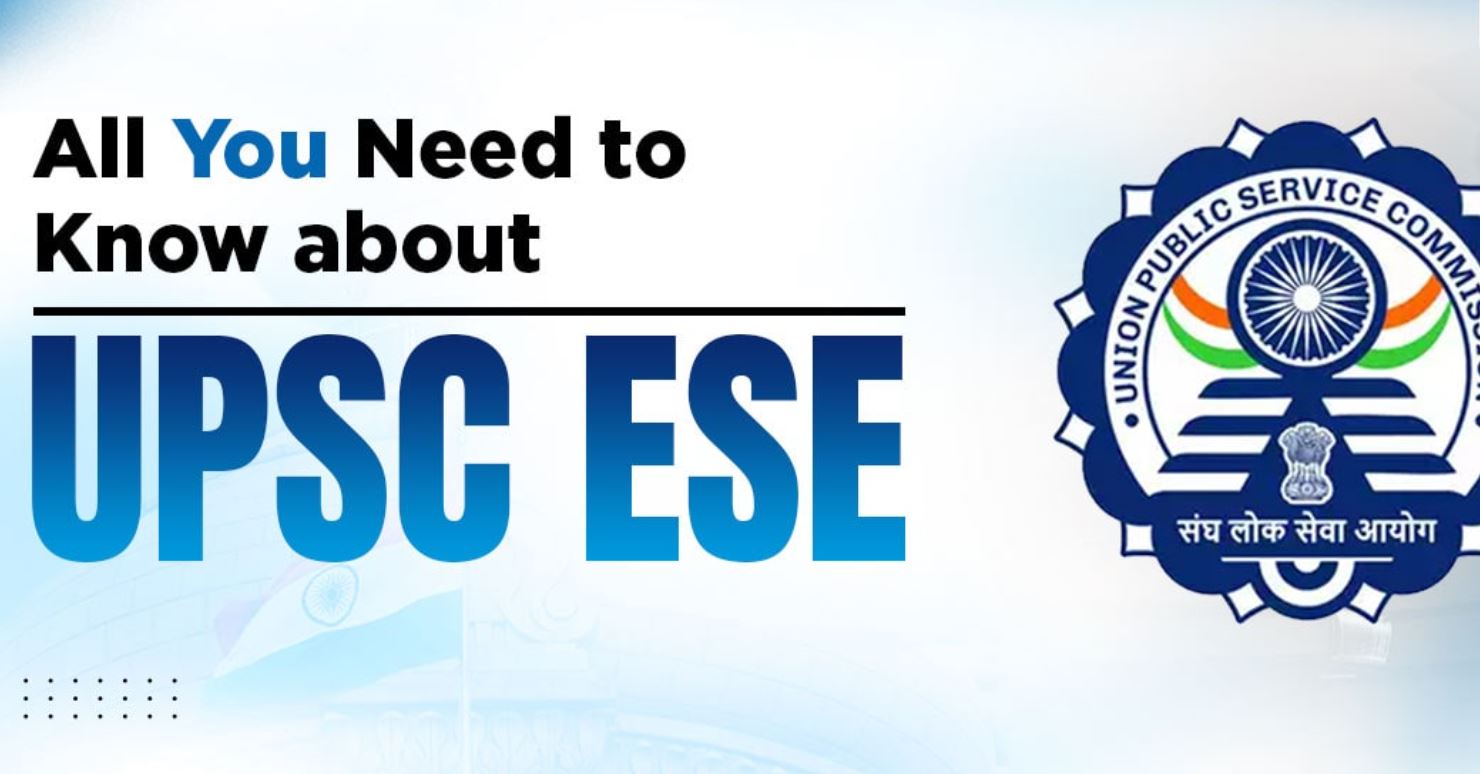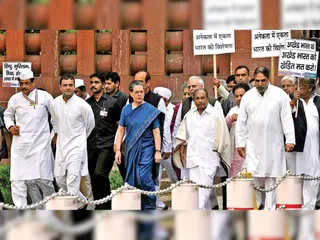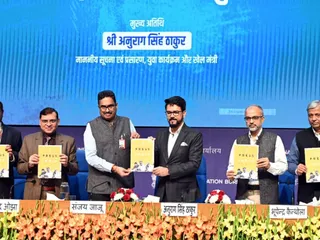The UPSC Engineering Services Exam (ESE) is one of India’s premier exams for aspiring engineers. To excel in this competitive exam, it’s crucial to understand the UPSC ESE syllabus thoroughly. This article provides an in-depth overview of the UPSC Engineering Services Exam syllabus, covering all the subjects and essential preparation tips for the UPSC ESE 2025 syllabus.
Complete Guide to UPSC ESE Exam 2025: Syllabus, Eligibility, and Preparation Tips

UPSC ESE Syllabus: A Breakdown by Subject
The UPSC ESE syllabus is divided into various sections, including General Studies and the technical subjects syllabus. It is essential to have a structured preparation strategy for each subject.
1. UPSC ESE General Studies Syllabus
The UPSC ESE general studies syllabus forms a critical part of the exam, especially in the Preliminary Exam. It covers:
- Current Affairs: Both national and international importance.
- Environmental Science: Ecology, climate change, sustainable development.
- General Science: Basic concepts in Physics, Chemistry, and Biology.
- Indian Polity and Governance: Indian political system, government policies, and governance reforms.
- Economic and Social Development: Economic planning, poverty, and sustainable development.
- Geography and History: Indian and world geography, historical events, and freedom struggle.
- General English and Comprehension: Reading comprehension, vocabulary, grammar.
2. UPSC ESE Paper 1 Syllabus: Engineering Aptitude
The UPSC ESE paper 1 syllabus includes Engineering Aptitude, covering:
- Engineering Mathematics: Topics like linear algebra, calculus, differential equations, probability, and statistics.
- Logical Reasoning: Problem-solving, pattern recognition, and analogies.
- Numerical Ability: Data interpretation, graphs, and charts.
- Verbal and Non-Verbal Reasoning: English comprehension and reasoning questions.
UPSC ESE Technical Subjects Syllabus
The technical part of the UPSC ESE syllabus tests in-depth knowledge of engineering principles in various disciplines. Here is the detailed syllabus by subject:
UPSC ESE Civil Engineering Syllabus
For candidates opting for Civil Engineering, the UPSC ESE syllabus for civil engineers includes topics such as:
- Building Materials: Construction materials, properties, and applications.
- Structural Analysis: Stress-strain analysis, bending, shear, and torsion.
- Design of Structures: Concrete and steel structures.
- Soil Mechanics: Foundation engineering, soil properties, and investigations.
- Transportation Engineering: Planning and design of roads, railways, and airports.
- Environmental Engineering: Water supply, sewage treatment, and waste management.
- Surveying: Levelling, contouring, and plan surveying techniques.
UPSC ESE Mechanical Syllabus
The UPSC ESE mechanical syllabus covers:
- Engineering Mechanics: Statics and dynamics.
- Strength of Materials: Stress, strain, bending, and torsion.
- Thermodynamics: Laws of thermodynamics, heat engines, and cycles.
- Manufacturing Processes: Machining, welding, and casting processes.
- Heat Transfer: Conduction, convection, and radiation.
UPSC ESE Electrical Syllabus
Candidates opting for Electrical Engineering will cover topics like:
- Circuit Theory: AC and DC circuits, network analysis.
- Electrical Machines: Transformers, motors, and generators.
- Power Systems: Transmission lines, power generation, and distribution.
- Control Systems: Stability, transfer functions, and feedback systems.
- Electromagnetic Fields: Maxwell’s equations and wave propagation.
UPSC ESE Electronics and Communication Syllabus
For Electronics and Communication Engineering candidates, the UPSC ESE syllabus for electronics and communication includes:
- Digital Logic: Logic gates, Boolean algebra, and circuits.
- Signals and Systems: Analog and digital signal processing.
- Electronic Devices: Diodes, transistors, and amplifiers.
- Control Systems: Stability analysis and feedback systems.
- Communication Systems: Modulation techniques, noise analysis, and digital communication.
UPSC ESE Computer Science Syllabus
The UPSC ESE syllabus for computer science includes:
- Discrete Mathematics: Logic, set theory, and graph theory.
- Data Structures and Algorithms: Sorting, trees, and linked lists.
- Computer Networks: OSI model, TCP/IP, and protocols.
- Database Management Systems: SQL, relational databases, and normalization.
- Operating Systems: Memory management, file systems, and process control.
UPSC ESE Exam Pattern and Syllabus 2025
To begin preparation effectively, it's important to understand the UPSC ESE syllabus and exam pattern. The exam consists of three stages:
- Preliminary Exam (Paper 1: General Studies & Engineering Aptitude, Paper 2: Technical Subject)
- Mains Exam (Paper 1: General Studies, Paper 2: Engineering Discipline)
- Interview (Personality Test)
UPSC ESE 2025 Preparation Tips
- Understand the Syllabus: Familiarize yourself with the complete UPSC ESE syllabus to plan your study effectively.
- Time Management: Divide your time between each subject based on your strengths and weaknesses.
- Solve Previous Year Papers: This will help you understand the exam pattern and frequently asked questions.
- Reference Books: Use NCERT books for fundamental concepts and standard engineering books for advanced topics.
- Practice Regularly: Constant practice in solving numerical problems and writing essays will sharpen your skills.
- Stay Updated: Keep up with current affairs and technological advancements, as they are crucial for the general studies section.
Download UPSC ESE Syllabus PDF
You can download the UPSC ESE syllabus PDF to have a handy reference during your preparation. This will ensure you don’t miss out on any important topic.

















